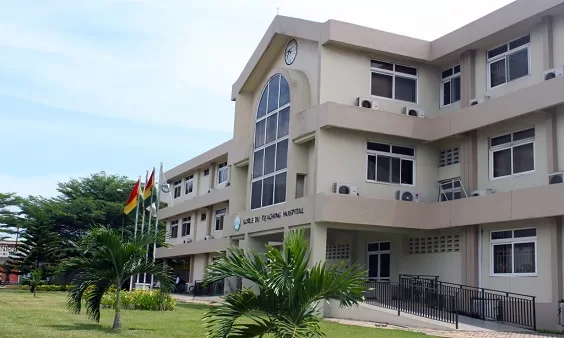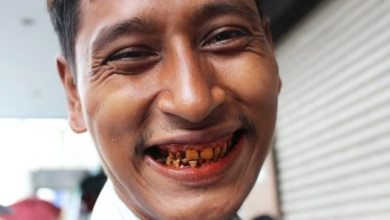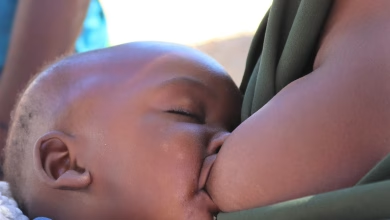13-Year-Old Diagnosed With Rare Disease in Ghana

- 13-year-old boy diagnosed with Wilson's Disease
- This is the first case in Ghana
- Wilson's Disease is treatable with medication
A 13-year-old boy in Ghana has been diagnosed with Wilson’s Disease, a rare genetic condition causing copper buildup in the organs.
This is believed to be the first case identified in the country.
The boy’s mother, a trader, first noticed his deteriorating handwriting, prompting her to seek medical attention. Professor Ebenezer Badoe, Head of the Neuro-Developmental Clinic at Korle Bu Teaching Hospital, diagnosed the condition after several tests.
Thankfully, Wilson’s Disease is treatable with medication, allowing the boy to lead a normal life. However, the medication costs GH¢450 per month, posing a significant financial burden for the family.
Unique Case Presentation
Typically, Wilson’s Disease presents with jaundice as the initial symptom. In this case, the boy bypassed the jaundice stage and directly experienced neurological symptoms like declining motor skills and handwriting difficulties. This unusual presentation led Professor Badoe to request advanced genetic testing for the entire family.
Genetic Testing and Treatment
Funded by a non-governmental organization, Reg Disease Ghana, genetic testing confirmed that both parents carried the genes for Wilson’s Disease, making it an autosomal recessive inheritance. Unlike common conditions like sickle cell disease, the rarity of Wilson’s Disease makes diagnosis challenging.
The boy’s condition has progressed to include Kayser-Fleischer rings, a copper buildup around the corneas in the eyes. Lifelong medication is crucial to prevent acute liver failure and death if treatment is discontinued.
Call to Action
Professor Badoe appealed to Ghanaians, philanthropists, and institutions to help secure the boy’s medication and ensure his survival. He also emphasized the importance of training teachers and caregivers to identify subtle changes in children, allowing for early diagnosis of such conditions.
Mother’s Vigilance Leads to Diagnosis
The boy’s mother deserves immense credit for her attentiveness. Noticing her son’s refusal to do homework, she pursued answers, leading to the eventual diagnosis.
This case highlights the importance of early detection and access to healthcare for rare diseases. It also demonstrates the crucial role of observant caregivers in a child’s well-being.






